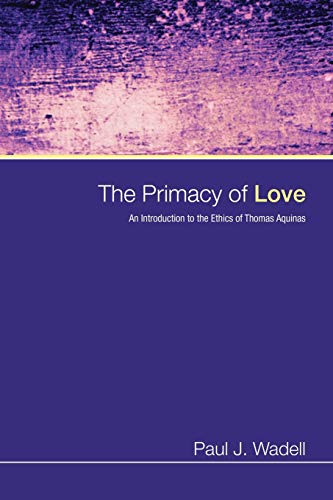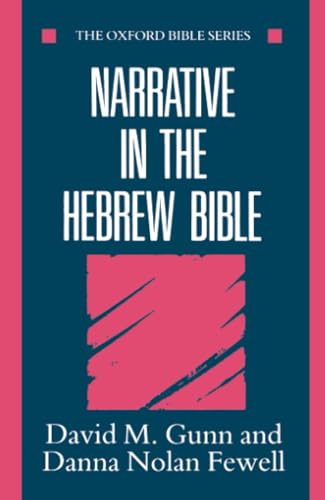Essays and Studies in New Testament Textual Criticism (Estudios de Filologia Neotestamentaria 3)
Written by J.K. Elliott Reviewed By D. A. CarsonWith the exception of one chapter, this is a collection of essays that have been published over the last quarter-century in various scholarly journals and Festschriften. Because this represents only a small part of the author’s scholarly output, it is worth listing the titles: ‘The Purpose and Construction of a Critical Apparatus to a Greek New Testament’; ‘The Atticist Grammarians’; ‘Nouns with Diminutive Endings in the New Testament’; ‘Textual Variation involving the Augment in the Greek New Testament’; ‘Temporal Augment in Verbs with Initial Diphthong in the Greek New Testament’; ‘The Two Forms of the Third Declension Comparative Adjectives in the New Testament’; ‘Jerusalem in Acts and the Gospels’; ‘The Use of ἔτερος in The New Testament’; ‘Κηφᾶς: Σἱμων πἐτρος: ὁ πέτρος: An Examination of the New Testament Usage’; ‘Μαθητἠς with a Possessive in the New Testament’; The Relevance of Textual Criticism to the Synoptic Problem’; ‘An Eclectic Textual Commentary on the Greek Text of Mark’s Gospel’. Minor blemishes in these essays have been corrected, but they have not been updated in bibliography or substance.
Elliott is now the premier living champion of ‘thoroughgoing eclecticism’ in NT textual criticism, and it is good to have so much of his best work in one convenient place. The first two titles just listed deal with general principles and problems. The next eight treat matters of grammar and vocabulary that have a bearing on textual criticism. The last two are related to two specific parts of the NT, viz. the synoptic gospels and Mark.
But the pièce de résistance in this collection is the lead essay, not previously published: ‘Can We Recover the Original Text of the New Testament? An Examination of the Rôle of Thoroughgoing Eclecticism’. Here Elliott articulates and defends his view that contemporary textual critics, most of whom are self-confessedly eclecticists (that is, they choose the ‘best’ reading from across the array of manuscript evidence—unlike, say, those who in principle support the ‘Majority Text’ (= Byz) at almost every juncture), are not consistent in the way they deploy their principles. The reason is that they hold there are some manuscripts, and some text types, that are superior to other manuscripts and text types. These critics (for example, those behind NA26), Elliott charges, oscillate between the principles of eclecticism based on internal evidence, and the weight they assign to external evidence (especially the Alexandrian text type). Since in theory any manuscript may support the original reading, even against every other manuscript available, ‘thoroughgoing’ eclecticism demands that choices be made virtually exclusively on the basis of internal considerations, the weight and array of the manuscript attestation being largely ignored. From Elliott’s perspective, there are good and bad readings, but not good and bad witnesses (whether manuscripts or text types).
To engage this theory at length would require a book, or at least a very long article. But I confess I am not convinced by Elliott’s forceful presentation. True, he offers many astute judgments along the way; his opinions on particular readings are always worth considering. His insistence that no ‘text type’ (he does not really like the expression) is ‘neutral’ (to use the label favoured by Westcott and Hort) is surely right—though most conventional eclecticists have long since insisted on the same point. But two methodological questions keep surfacing in his work, and I do not think he adequately copes with them. (1) Does not his insistence that there are only good and bad readings, but no good and bad witnesses, demand an implausible disjunction? True, there is no witness that is always good—but no one says there is. If on his own principles Elliott were to discover that certain witnesses boast a higher percentage of ‘good readings’ than other witnesses, could we not reasonably say they are ‘good witnesses’? This would not mean they are always right; it would mean that, all other things being equal, there is a greater likelihood that these witnesses have it right than not. Has Elliott ever tried to align his own judgments as to what constitute ‘good readings’ with particular witnesses or groups of witnesses? (2) It seems a trifle unfair to charge conventional eclecticists with being inconsistent, or untrue to their own principles, when they sometimes, say, fail to relegate a reading that preserves an Atticism to secondary status, on the ground that the alternative is not well attested in the ‘earliest and best authorities’. There is no principle of textual criticism that runs roughshod over all other principles—a point Elliott implicitly acknowledges when, within the framework of thoroughgoing eclecticism, he articulates some principle to enable the critic to choose among the variants, and insists, at least three times in this essay, that the principle is not infallible, but works well ‘all other things being equal’. It would be unfair to charge him with inconsistency, or with abandoning a principle, simply because he felt that in this particular case several competing principles (in his case, always drawn from internal considerations) should be given greater weight. Why can he not extend the same courtesy to the conventional eclecticists? They are not being inconsistent; they are simply appealing to another principle, based on external evidence, which, in particular cases, they evaluate as having some weight, while he thinks it has none.
In other words, the sole difference between Elliott and the majority of NT textual critics has nothing to do with consistency, but with this one judgment: Do we know enough about how the ‘good readings’ are distributed in the manuscript evidence (even on the basis of purely internal considerations) to label some witnesses ‘better’ than others? And if so, should not that information be fed back into the business of making textual choices? And has enough information accumulated on the alignment of particular witnesses with one another that one can, with some cautions, reasonably speak of ‘text types’ and of which ones are ‘better’ than others? Such questions cannot in principle be answered by the sort of work that Elliott (and G.D. Kilpatrick before him) offers. To provide lists of instances where conventional eclecticists do not restrict themselves exclusively to internal considerations, and castigate them for it, sometimes raises useful alternatives that must be carefully evaluated: for that we are greatly indebted to Elliott. But the principal issue is never addressed, and cannot be addressed, by such discrete lists, since all sides agree that in any particular set of variations competing principles may be variously weighed. The only way this dispute between eclecticism and thoroughgoing eclecticism could be resolved would be at the statistical level.
The publishers’ blurb tells us that a second volume of Elliott’s essays is on the way, relating ‘more directly to specific verses in the New Testament’. We shall eagerly await it.
D. A. Carson
D. A. Carson is emeritus professor of New Testament at Trinity Evangelical Divinity School in Deerfield, Illinois, and cofounder and theologian-at-large of The Gospel Coalition.







